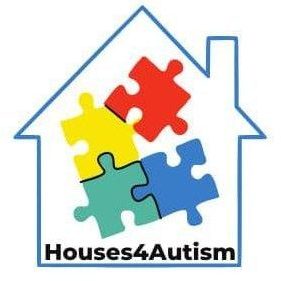Evidence Based Report on Supportive Housing
This report examines the current status of supportive housing for individuals with autism spectrum disorder (ASD) across five European countries: Cyprus, Denmark, Italy, North Macedonia, and Ireland. The report combines extensive desk and field research to provide a thorough needs analysis for adults with autism in living independently. It identifies key findings which will be used to inform the development of all future project outputs.
Click here to download a copy of the report in your preferred language.
The report is structured in three sections:
Section 1. Introduction
This section outlines the research areas and methodology of the report and highlights the main areas where targeted support was found to be needed for peoples with ASD in independent living.
Section 2. Desk Research
The desk research presents a profile of each partner country, examining:
- The prevalence of ASD
- Institutions that focus on ASD
- Existing organisations hosting people with ASD in their own accommodation
- Social services and welfare centres supporting individuals with ASD
- Employment rates and income statistics for adults with ASD
- Public support programs
- Gender differences in ASD diagnosis
- Educational outcomes for individuals with ASD

This is followed by detailed case studies of current supportive housing practices in each of the and a comparative analysis highlighting disparities in available resources and support systems across the partner countries.
Section 3. Field Research
This section analyses data collected through structured questionnaires from 72 participants with high-functioning autism across the five countries.
The information gathered was broadly focussed on the themes of:
- Stress and anxiety management
- Social isolation and loneliness
- Sensory overload experiences
- Challenges in daily living
- Support needs for independent living

The field research identifies several key areas of support, which we
will aim to address with the tools and resource we develop throughout the project.
